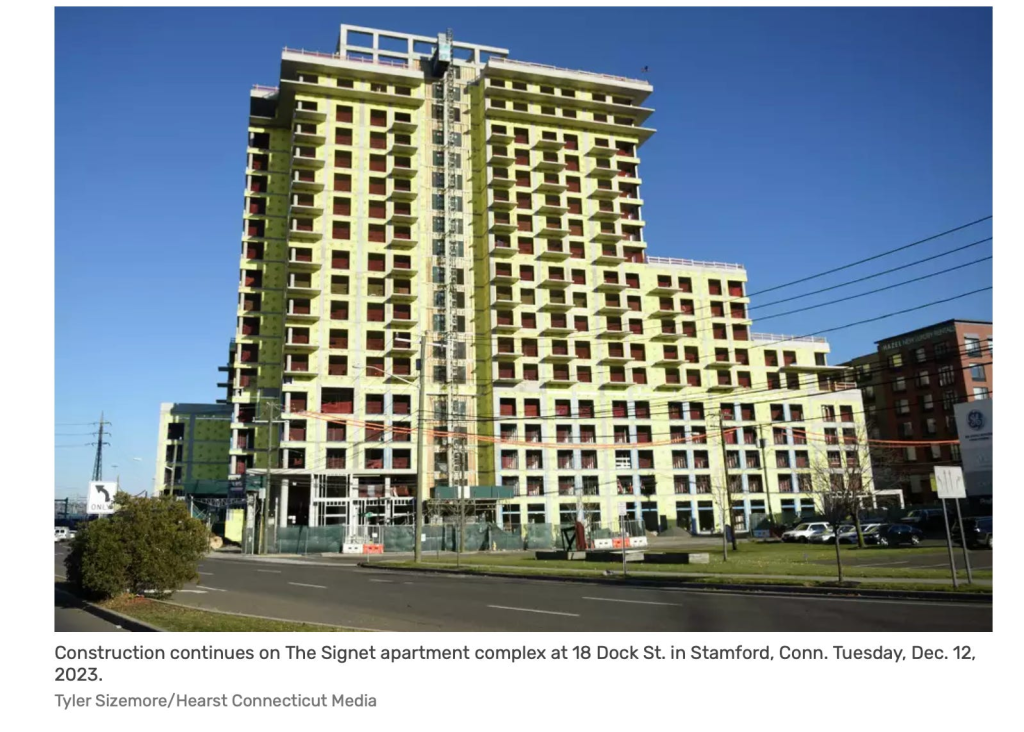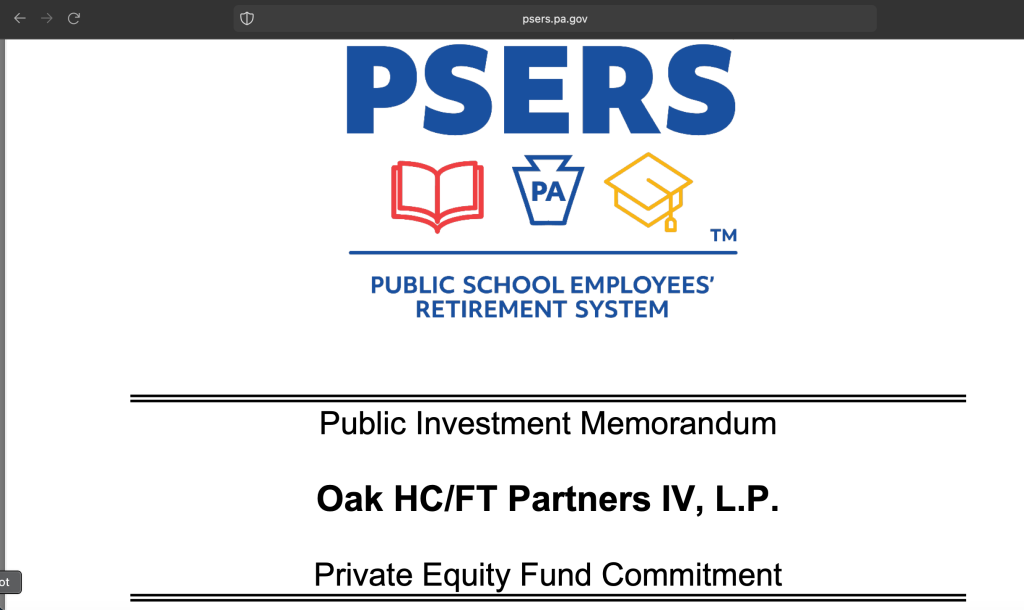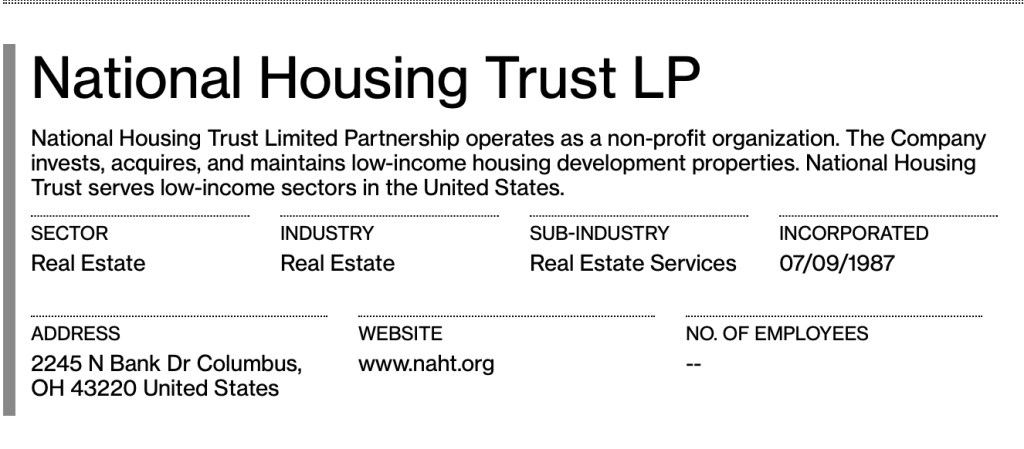
Please Follow us on Gab, Minds, Telegram, Rumble, Gettr, Truth Social, Twitter
There is a shortage of housing according to the legislative body of Connecticut. The solution? An army of developers backed by The Regional Planning Association and a consortium of nonprofit organizations pursuing sweeping land use legislation in Hartford since 2021 with the passage of the Zoning Enabling Act. Residents across the Connecticut are noticing this reality in real time as large apartment buildings spring up swiftly in record numbers all across Connecticut. Some buildings have hundreds of tightly packed 1 and 2 bedroom dwellings. Work, Live, Ride is the logo of the day. “Attainable Workforce Housing”, The Missing Middle, ring along with it. What does this mean for Connecticut?

Government is suppose to be a representative voice of the people. Nowhere is this more vital than at the local level. Land use and development is a very big deal with profound implications on the lives of ordinary residents. Towns are required to hold public hearings, where bad town planning can be stopped in its tracks, where the people have a role in the shaping of their towns. Currently the State of Connecticut is actively poised to over ride this power using legislation where it hurts people most, their homes. Land use and development is key to a fiscal budget of any town or city. All municipalities run on property taxes in this state. Taxes can make affordable housing that people already live in unaffordable. This is treacherous. How can you create affordability when you take affordability away from people already living in affordable housing, and give that to a developer in the name of helping affordability? Taxes matter, they matter a lot. Property taxes are being weaponized against citizens to fund projects for wealthy foreign and domestic developers.



The taxes to live in Connecticut are rising so fast that many families are treading water on a fine line between having a home and losing a home. Developers backed by venture capitalists and government, who invest in Real Estate Investment Trusts aka REITs have discovered a gold mine, rental housing. The developer comes in with a handshake and a deal. If the town says no thanks. The developer comes back with a tool, a law known as 8-30g, where the developer can say you must let us build so that you fulfill your affordable housing quota. The irony is, there is nothing affordable about this housing. It may sound nice, “affordable housing” but is it affordable?

Rents have skyrocketed everyone can agree on this. More and more people are not able to afford to buy a home. Since COVID the housing market has only gotten worse. The large increase in both state and town taxes are part of the problem. Higher taxes drive up prices. However, the iceberg that is known as affordable housing is a gargantuan problem for everyday people just living and raising a family in Connecticut. Real estate is a new gold mine that funds private equity firms, venture funds, trusts, private investors, and LLPs. Where there are people, there will be renters and a constant stream of revenue. Prices for homes and rentals are inflated to maximize profits. This is much different than your average mom and pop property owner renting apartments. This is big business betting on rental income to beef up their portfolios and increase profits. You and your home are now just commodities in a betting game run by powerful corporations. The folly of it all, when government swoops in backed by public, private, partnerships, to solve a problem it created! This is the definition of cronyism.
Investors, bankers, developers and venture capitalists, are the new landlords. They come in the guise of affordable housing and luxury rentals. Connecticut law 8-30g enables developers to sue municipalities if the municipality rejects the developer’s plans to build. It does not matter if the plan is rejected because their building is on a tiny lot, or on wetlands, or whether a town can support the building’s needs for sewage and water. Nothing matters but the two magic words that make it all happen, “affordable housing”. FDR laid the ground work for affordable housing with The New Deal, and the Department of Housing and Urban Development took it to the level we have today. The Department of Housing and Urban Development has a $68.7 billion dollar budget as of last reporting for 2022. What do we have to show for all that money spent? Are we better off?
Tim Hollister, a former lawyer with Shipman and Goodwin, was also one of the architects of the 8-30g affordable housing laws in Connecticut. Hollister raised major controversy in Westport over a dispute between a developer and the Town. Westport had hired Shipman and Goodwin to represent the public school system, and Shipman and Goodwin’s attorney, Tim Hollister, represented the developer of a project the citizens of Westport did not want.
“In representing both the school board and the developer, Shipman & Goodwin appears to be on solid legal ground. The Connecticut Bar Association’s Committee on Professional Ethics has determined that such arrangements are permissible because the town and the school board are separate legal entities.
But, over the past few months, the law firm has sought to make amends with the town. Hollister apologized, and Shipman & Goodwin took the extraordinary step of giving Westport an effective veto over its future affordable housing clients.” News Times
Hollister continues to represent developers. His efforts are a big reason why you see so many projects being built. Hollister is currently with the law firm, Hinckley and Allen. Westport paid hundreds of thousands of dollars to Shipman and Goodwin who actively worked against the town and was forced to apologize.

Housing is more unaffordable than ever, and government is an abysmal failure at doing anything that benefits American citizens. To the contrary, the government has made housing costs rise to devastating levels hurting the average citizen where it hurts the most. While the government gives tax subsidies to developers, who turn around and sell those subsidies to private equity firms, who then invest on behalf of governments to fund things like pensions.
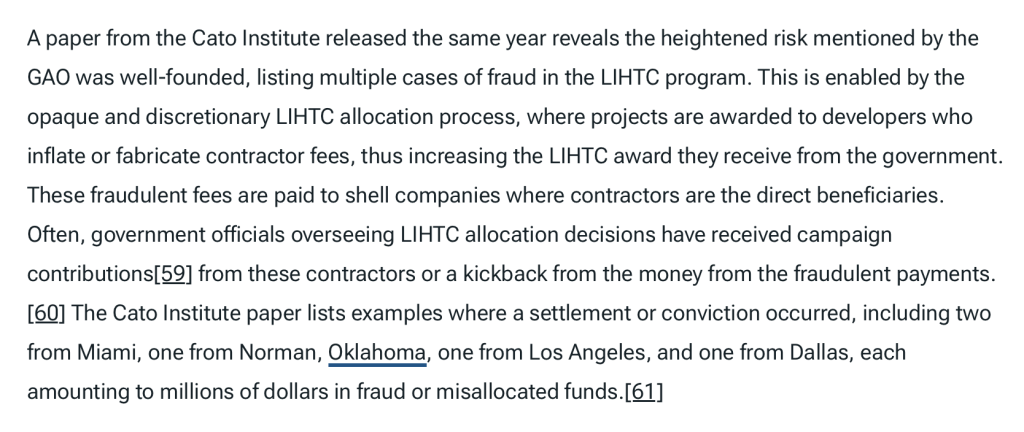
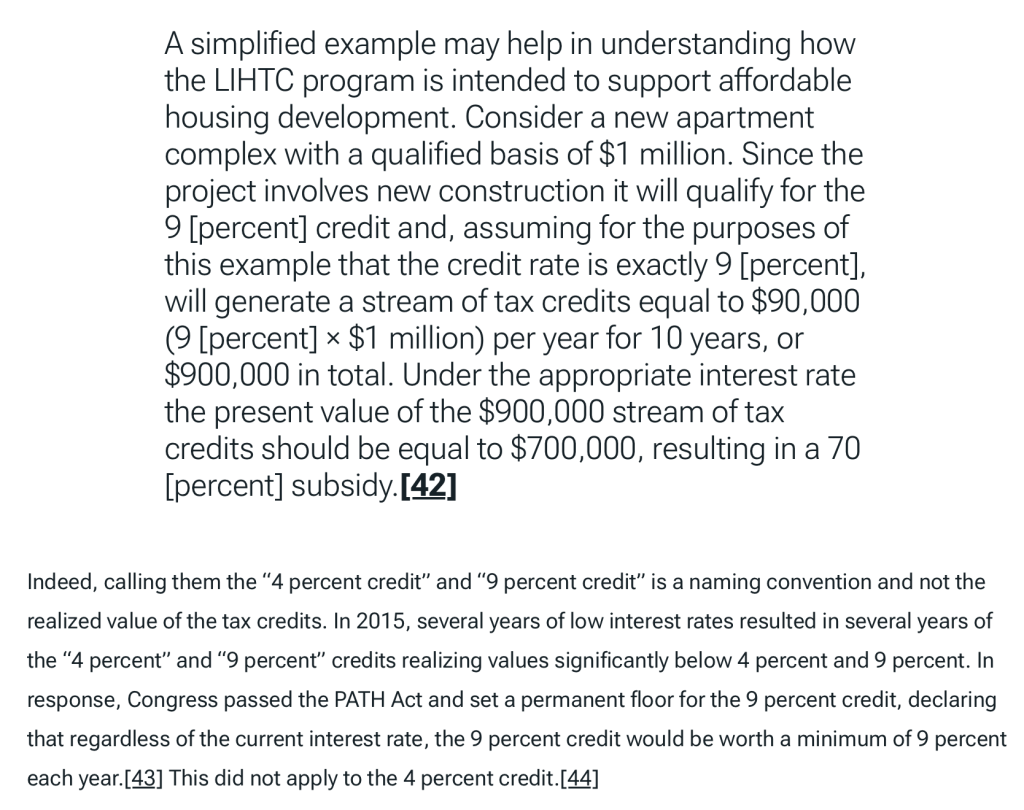


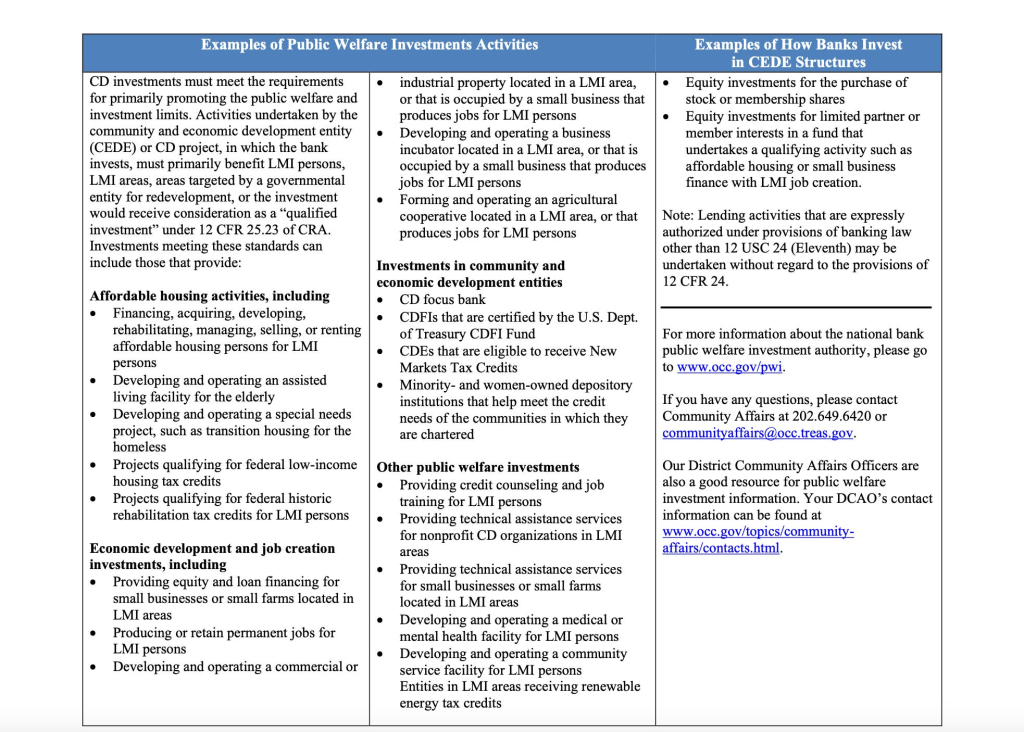

Your taxed on everything you do from living to eating, and then the government takes your tax money and invests that money in places that actually take your wealth away making you scramble to pay higher and higher taxes on your home and living expenses. The mafia could take a cue from the government! Developers build on land that they either purchased, or leased, for under market value and get juicy tax abatements and government subsidies for doing so. The apartments drive up the cost and need for services, and the people already in their homes are forced to pay more taxes to accommodate for it all.

Perhaps the most salient aspect of this story is the web of relationships between business and government smacked right in our faces everyday. Take for example in the small town of Portland, CT. Where a large and growing mixed use development is being built and the developer, Daniel E. Bertram, of Bright Raven Development LLC, which is registered in Puerto Rico, and part of a conglomerate of businesses, from BRT DiMarco, BRT Sconset, to BRAINERD HOLDCO, LLC, stand to make a goldmine as the largest rental property in town.

Bertram is looking to Portland as a gateway to the east side of the river along Route 66. He has been given the red carpet treatment by town officials who let his original development of 80 apartments turn into a whooping two hundred and fifty apartments. Bright Ravens Development will get a tax abatement and subsidies from the state, and local affordable housing programs. Bright Ravens Development will be the largest rental property owner in town. And still the developer wants even more apartments to stack on top of each other with another tax abatement. To make matters even more concerning, the Town of Portland has hired Matt Ritter as the town’s attorney. Matt Ritter also happens to be Representative Matt Ritter, of the 1st District aka Hartford, and he is also, Speaker of the House, and a partner with Shipman and Goodwin.
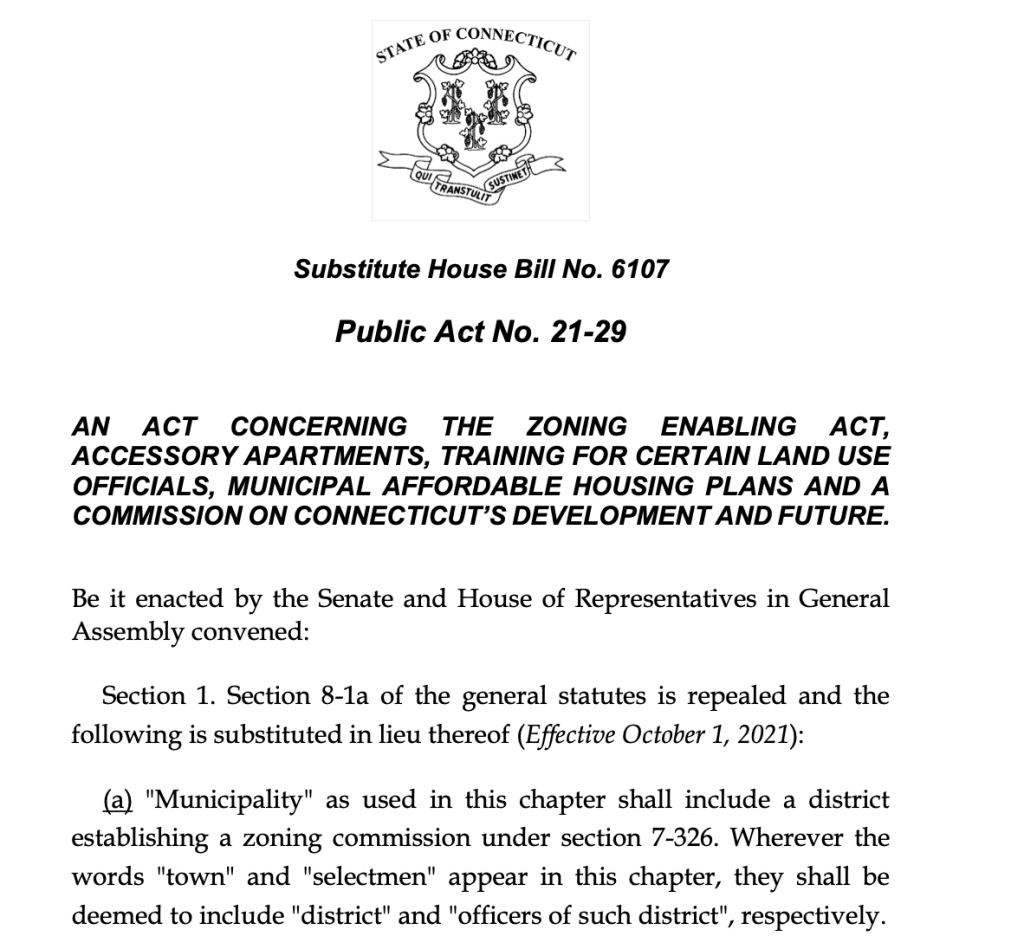

(3) "As of right" means able to be approved in accordance with the terms of a zoning regulation or regulations and without requiring that a public hearing be held, a variance, special permit or special exception be granted or some other discretionary zoning action be taken, other than a determination that a site plan is in conformance with applicable zoning regulations;
Ritter is a party leader and a driving force ushering in the centralization of zoning powers to Hartford thereby taking away the local voice of municipalities. The Connecticut Conference of Municipalities, more on this organization later!! Awarded Ritter as a trusted legislator.
Whoever ends up in the governor's office can have a big impact on how cities and towns operate - everything from paying for big projects like new schools to funding day-to-day operations like public safety and Department of Public Works crews.
The Connecticut Conference of Municipalities represents all 169 towns and cities to make sure the governor and state lawmakers know what kind of impact their decisions have on local governments across the state. NBC/CT
All the while Ritter sits on The Commission on Connecticut’s Development and Future, established under a law he supported and helped to pass known as, The Zoning Enabling Act, that effectively takes public hearings away from municipalities and gives the power to Hartford to over ride the town and side with the developer to fulfill it’s affordable housing quota. Did the Town of Portland not realize who Matt Ritter was when they hired him? Why are tax payers paying a law firm like Shipman and Goodwin which is vastly expensive and riddled with conflicts of interest?! Are there no local attorneys that could do the job far better and cost the town less without the conflict of interest? How much is Portland paying Shipman and Goodwin?
“The Connecticut Conference of Municipalities (CCM), made up of the state's municipal leaders, honored Matt as a legislative champion for his commitment to cities and towns.” Matt Ritter, Speaker of the House, Biography
Do you think Rep. Matt Ritter, is unbiased? Does Shipman and Goodwin represent your town town too?
